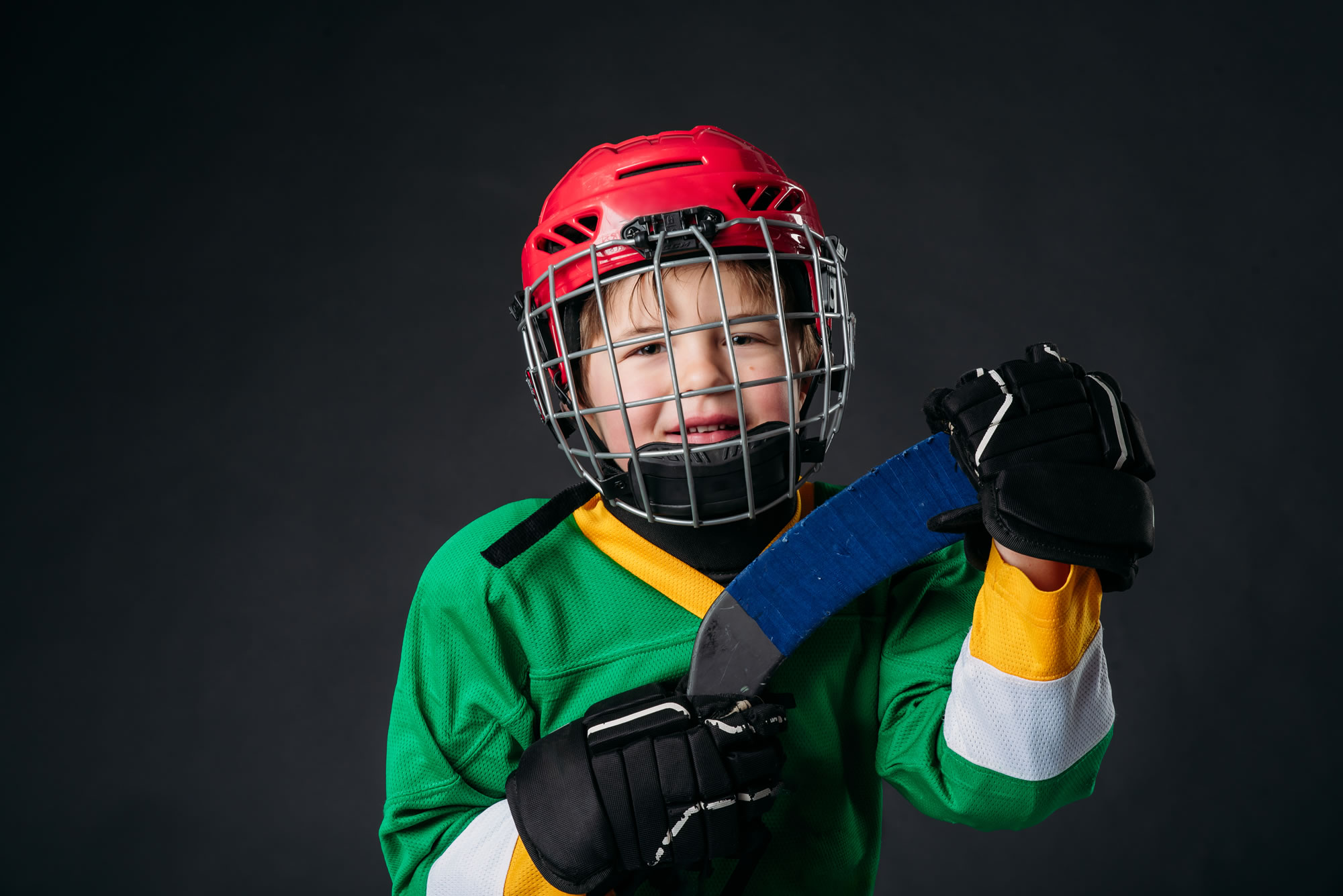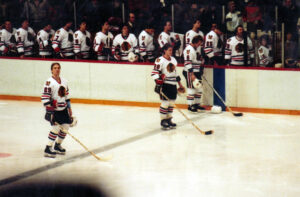In a recent press release, the Canadian Paediatric Society (CPS) draws attention to the seriousness of concussions in youth sports.
An official statement made by Dr. Laura Purcell explains that the brains of children and adolescents are more vulnerable to head injury and recovery times are longer. Concussions need to be recognized and managed appropriately so they don’t cause long-term effects on a child’s social, academic, and sports achievements.
Parents, coaches, and trainers must be more aware of the signs and symptoms of concussion among youth. Dr. Purcell says the most common signs of a concussion are headache, dizziness, sensitivity to light or sound, and confusion or difficulty concentrating. Less than 10% of concussions cause someone to be knocked out. Younger children may complain of an upset stomach or may display behavioural changes.
Recommendations in the CPS press release report that children or teens with a concussion should:
- rest until all symptoms are gone.
- not play sports, exercise or participate in any recreational activities.
- limit activities like reading, texting, watching television, computer work and electronic games.
- be cleared by a physician before returning to school or sports.
Just days before the CPS statement was released, members of the minor hockey associations in Vancouver banned body-checking for players aged five to 19.
The Centers for Disease Control and Prevention in the US developed its “Heads Up” initiative to offer information about concussions to coaches, parents, and athletes involved in youth sports.







